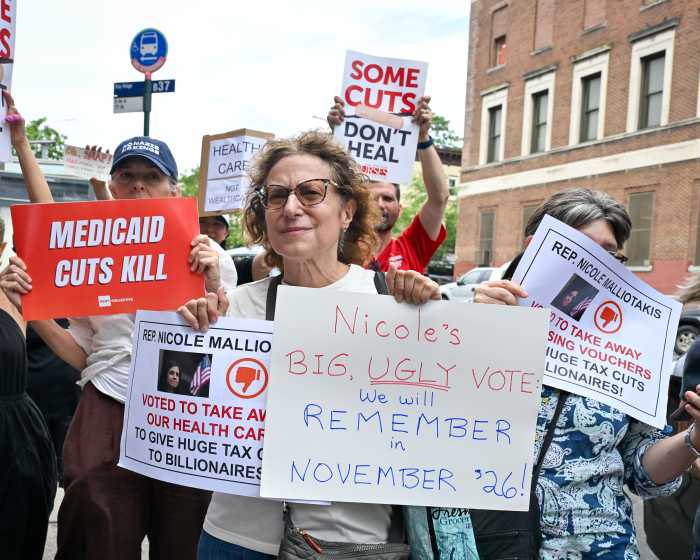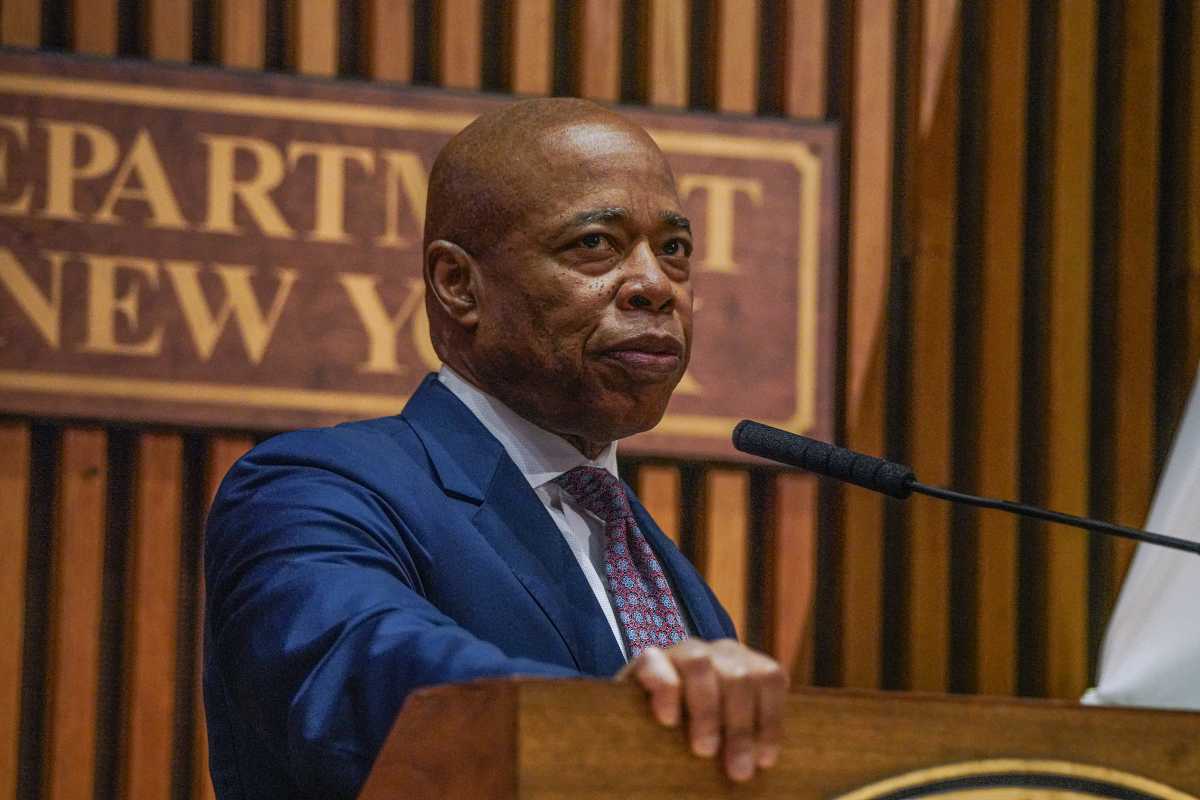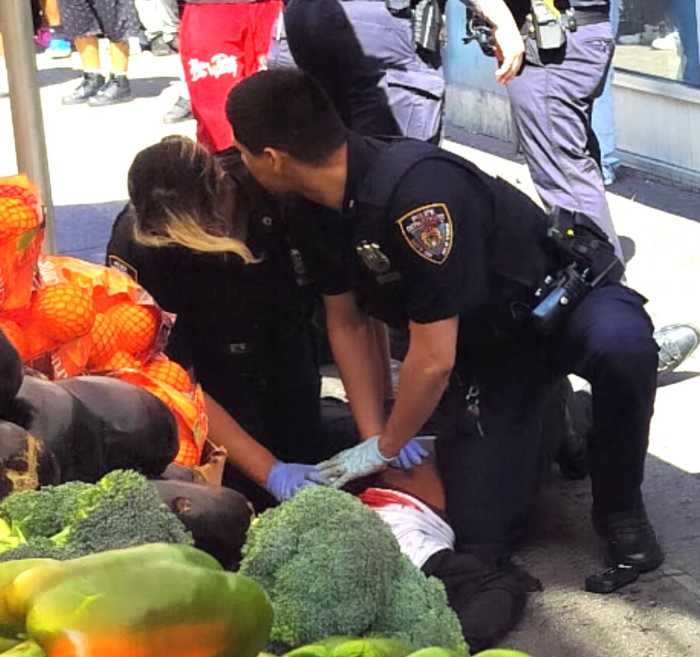I’ve said it before: You don’t need an Ivy League degree to figure out that if criminals don’t face threats of serious consequences for their bad deeds, more of them will feel emboldened.
Still, earlier this month, District Attorney Eric Gonzalez announced his so-called Justice 2020 initiative to reform the borough’s criminal-justice system, which calls for “non-jail resolutions at every juncture of a case.” This should alarm every law-abiding Brooklynite and New Yorker.
To be fair, Gonzalez did say that, “most often,” prison time will still be sought for murderers and rapists. That’s great, but other lawbreakers — including those that break into cars and homes, violate restraining orders, menace straphangers on the subways, and commit many other crimes — now don’t have to fear time in prison. To hell with the victims.
Truth be told, Gonzalez’s new policy of coddling criminals is just a continuation of the softer approach to crime already adopted by city
leaders.
Remember, it was just last year that his Manhattan counterpart, District Attorney Cy Vance, instituted his lunatic policy of not criminally prosecuting fare beaters. And at City Hall, Mayor DeBlasio continues to push his scheme to close the jails on Rikers Island, which will all but certainly result in less scofflaws behind bars, because there will be fewer cells to lock them up in.
Sure, the “bad old days” of decades past may seem like a distant memory, but we must remember that the prosecution of fare-beating and other crimes was a key factor in transforming the five boroughs into the safest big city in America. Many credit this change to the Police Department’s and local district attorneys’ offices joint effort to prosecute those that threatened New Yorkers and their quality of life — an approach that struck fear into all criminals, not just aspiring rapists and murderers.
Indeed, some statistics already show that would-be lawbreakers are taking note of the “let most everyone walk” mentality adopted by many law-enforcement
officials.
The New York Post, for example, recently reported how repeat sexual offenders continue to return to subway cars to harass innocent riders. One such baddie, who allegedly has a habit of touching himself while sucking his thumb in view of commuters, still walks free, despite his 78 arrests — 32 of which were for transit-related sex crimes, reported the Post, which identified dozens more sleazeballs with similar records.
I ride the subway to work almost every day and, in my own experience, aggressive panhandling — while technically not a crime — has become the norm rather than the exception. (To his credit, Hizzoner did suggest banning such begging back in 2017, before admitting he’d face legal obstacles to doing so.) And the panhandling, coupled with sexual predators’ apparent feeling that they have free license to roam subway cars, is enough to confirm some locals’ worst fears that the city is sliding backwards when it comes to crime.
Police can only do so much to stop quality-of-life and other crimes if prosecutors give would-be scofflaws a free pass and don’t seek prison time for them. Sooner or later, cops will not be able to keep up with criminals let back on the streets — and the new baddies that join their ranks because they fear no time behind bars.
Gonzalez — and other city leaders — must not show lawbreakers more empathy than law-abiding New Yorkers — and crime victims — as they seek to reform criminal justice in the city.
Bob Capano is a professor of political science of more than 15 years, who has previously worked for local Democratic and Republican pols, and as the chairman of the Brooklyn Reform Party.























